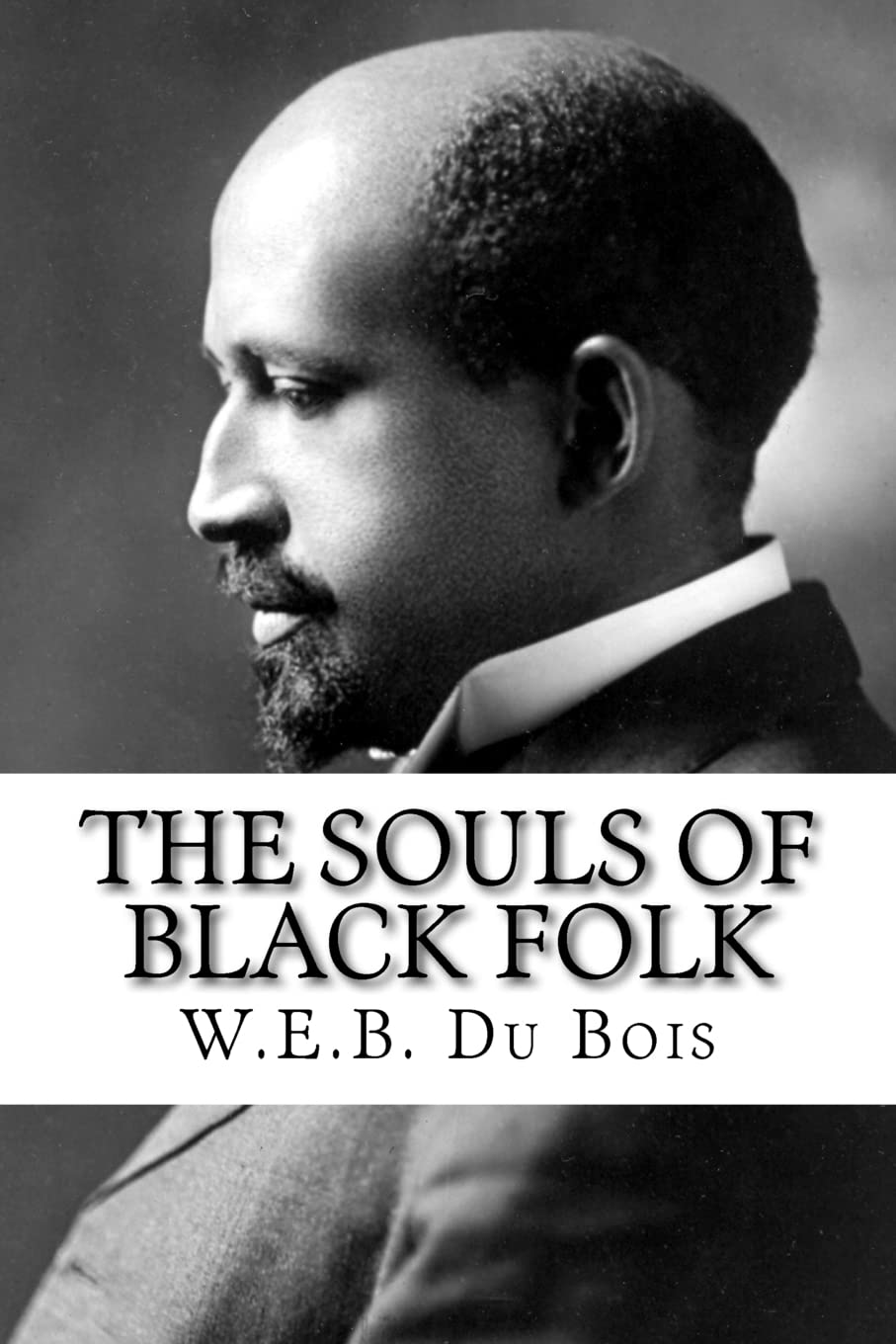
Recommended by Henry Louis Gates Jr., Alphonse Fletcher University Professor; Director, Hutchins Center for African & African American Research
No one did more to write the African American people into the textual universe of speaking subjects, as agents, than did William Edward Burghardt Du Bois in his canonical work of American literature. “The Souls of Black Folk,” the masterpiece in Du Bois’ considerable oeuvre, has deserved every bit of critical acclaim and explication it has received since its publication in 1903. Du Bois’ signal achievement was to employ two tropes that encapsulated both the history of a people freed from centuries of human bondage, finally, just 38 years before he published his book, railing at the beginning of a new century against the most diabolical attempts to deconstruct the transformations wrought by the 13th, 14th, and 15th Amendments and entrap African Americans once again as quasi-citizens stuck forever in the limbo of forms of neo-enslavement.



